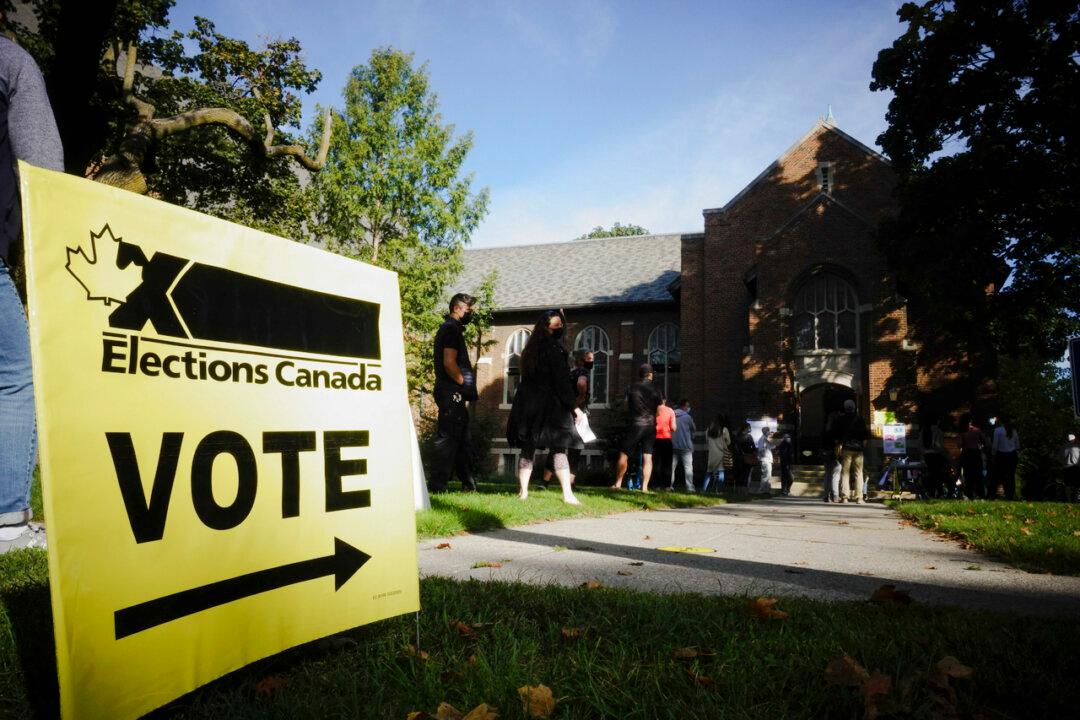Commentary
Who is the first political candidate in Canadian history to record zero votes in a contested federal riding? The answer to this trivia question is Félix-Antoine Hamel, and you don’t have to go back too far in your research to retrieve it.

Who is the first political candidate in Canadian history to record zero votes in a contested federal riding? The answer to this trivia question is Félix-Antoine Hamel, and you don’t have to go back too far in your research to retrieve it.